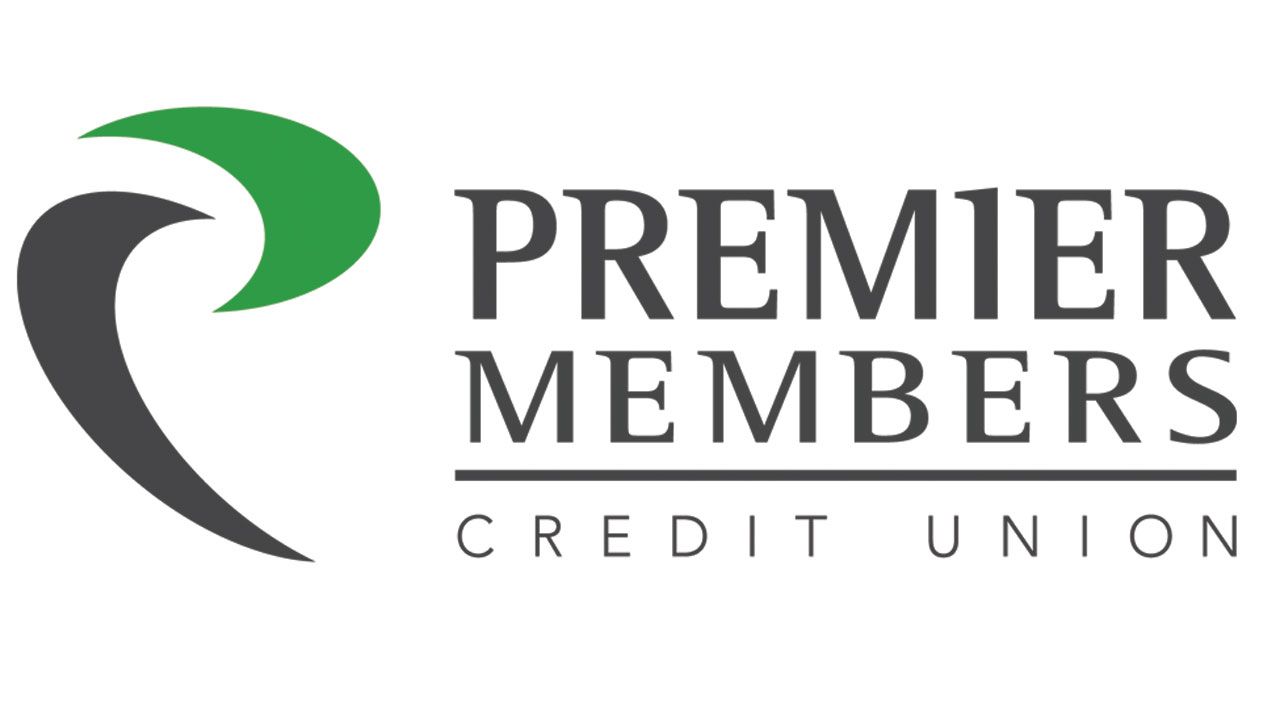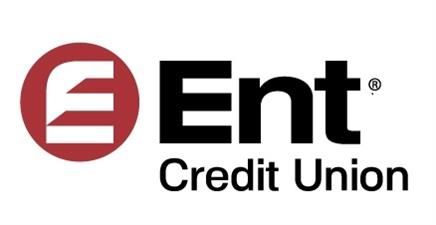Colorado Banking Board denies Elevations Credit Union’s bid to buy Cache Bank assets

DENVER — State regulators voted overwhelmingly Thursday against a measure that would have advanced a bid by Boulder-based Elevations Credit Union to purchase the assets of Greeley-based Cache Bank & Trust.
The proposed deal, which is opposed by the Colorado Bankers Association, was announced in September and was expected to close in the first quarter of 2020. The acquisition — the first of its kind in Colorado — would result in a combined organization with $2.2 billion in assets and 141,700 members.
It is unclear how the parties will move forward. Asked after Thursday’s 6-1 vote whether he intends to appeal the Colorado Banking Board’s decision, Elevations CEO Gerry Agnes declined to comment. Members of the banking board speculated that there will be an appeal. In an email, an Elevations spokesperson said the credit union does not yet have a statement on the board’s decision.
SPONSORED CONTENT
The specific issue before the board Thursday related to whether Cache is permitted by statute to behave the same way a national bank would in terms of being absorbed by a state credit union, a move that serves as a prerequisite to Elevation’s acquisitions of the bank’s assets.
The decision was just one in a series of approvals that regulators must ultimately grant in order for the deal to be finalized. Other applications related to the acquisition, including one submitted to the Colorado Division of Financial Services, were not discussed Thursday.
Colorado is somewhat unique in that state statutes do not automatically allow state credit unions such as Elevations to behave in the same way as a national institution in regard to the acquisition of bank assets. Colorado code has no mechanism governing the sale of banks to credit unions.
“We know there are instances where banks will sell assets — loans for example — to non-banks,” so Colorado code shouldn’t be interpreted as prohibiting the sale of a bank to a credit union, Spierer Woodward Corbalis Goldberg attorney and Cache representative Ernie Panasci said.
Others were less certain.
“Banks can buy banks, and credit unions can buy credit unions,” Banking Board member Ron Tilton said. “When we start mixing those things up, I start to get stuck. … I’m not sure I have the power to interpret [the banking code] any differently.”
Banking Board member Tim Daly echoed this sentiment, adding: “We don’t have clarity” from state lawmakers on how to regulate the sale of a bank to a credit union. “My inclination is to defer to the Legislature whenever possible.”
Robert Vinton, an attorney with Fairfield and Woods PC, who represented Cache in the hearing, argued that different treatment for state and national institutions “puts a state bank at a real disadvantage.”
Regulators should emphasize parity for all types of banks and credit unions, he said.
A change to state statutes, which could only be achieved through legislative action, could establish a requirement for parity, but lawmakers have not been inclined to address the issue. Board members suggested that credit unions should lobby legislators to take up a measure that would pave the way for deals such as the Cache acquisition.
Part of the regulators’ job is to ensure that customers of Cache won’t be harmed by the move, Daly said.
Cache lawyers argued that consumers can expect the same level of service and deposit insurance from the Federal Deposit Insurance Corp. or the National Credit Union Administration, which insures credit-union members.
Credit unions have acquired 21 U.S. banks since 2018, compared with 12 purchases in the prior five years, according to S&P Global Market Intelligence. S&P found that shares and deposits from credit unions buying banks grew 45.9 percent from the fourth quarter of 2015 to the second quarter of 2019. For the remainder of the credit union market, that growth rate was 25.3 percent.
The acquisitions have caused consternation in the banking industry. Credit unions don’t pay taxes, meaning that they can typically offer lower loan rates than banks.
“The average Coloradan pays $5,800 in income taxes annually while every Colorado credit union — even $2 billion dollar institutions like Elevations — pays $0,” Colorado Bankers Association CEO Don Childears said in a statement released after the vote. “The state budget is already stretched thin trying to meet the needs of residents in Colorado, and every dollar is needed.”
Editor’s note: This story has been corrected to reflect the 6-1 board vote and Ernie Panasci’s current law firm.
DENVER — State regulators voted overwhelmingly Thursday against a measure that would have advanced a bid by Boulder-based Elevations Credit Union to purchase the assets of Greeley-based Cache Bank & Trust.
The proposed deal, which is opposed by the Colorado Bankers Association, was announced in September and was expected to close in the first quarter of 2020. The acquisition — the first of its kind in Colorado — would result in a combined organization with $2.2 billion in assets and 141,700 members.
It is unclear how the parties will move forward. Asked after Thursday’s 6-1 vote…
THIS ARTICLE IS FOR SUBSCRIBERS ONLY
Continue reading for less than $3 per week!
Get a month of award-winning local business news, trends and insights
Access award-winning content today!





